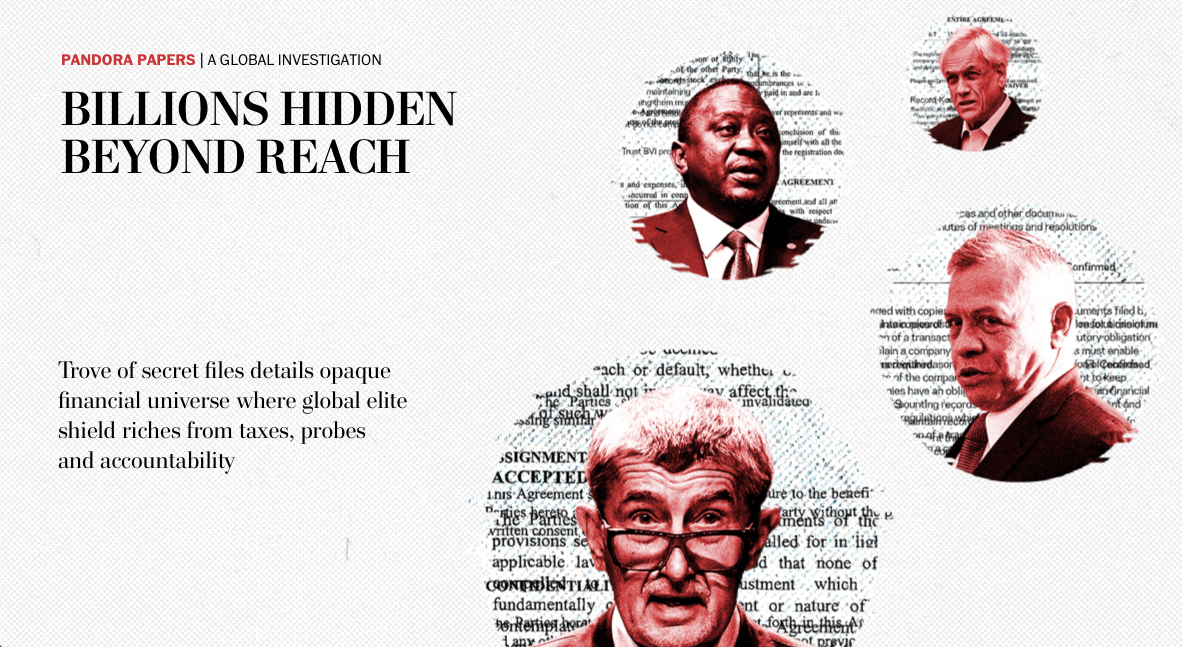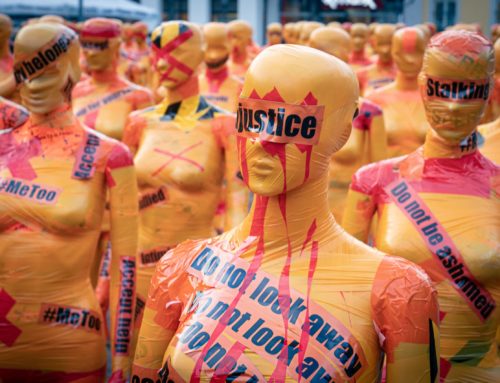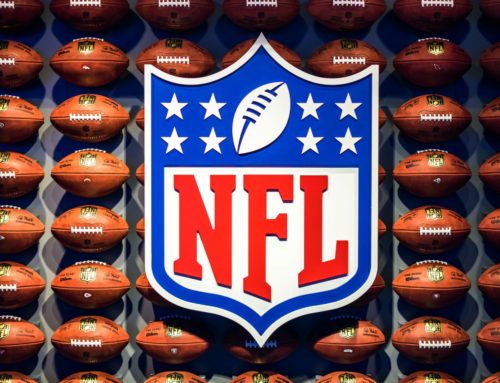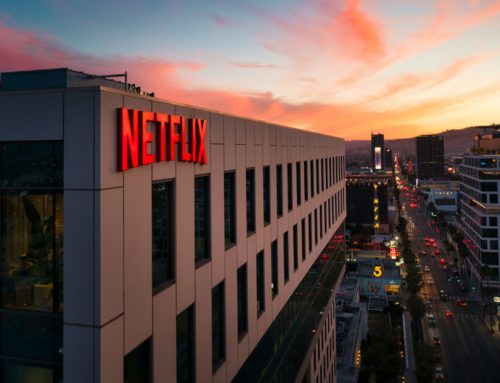Repost credit https://www.washingtonpost.com
MONACO — The apartment hangs over the blue waters of the Mediterranean beneath the Monte Carlo casino of James Bond legend. In the harbor below, royals, moguls and oligarchs float by in iceberg-size yachts.
There is little about the humble background of Svetlana Krivonogikh to indicate that she had the means to acquire property overlooking this playground for the world’s elite. The Russian woman reportedly grew up in a crowded communal apartment in St. Petersburg, and held jobs that included cleaning a neighborhood shop.
But previously undisclosed financial records combined with local tax documents show that Krivonogikh, 46, became the owner of the apartment in Monaco through an offshore company created just weeks after she gave birth to a girl. The child was born at a time when, according to a Russian media report last year, she was in a secret, years-long relationship with Russian President Vladimir Putin.
Krivonogikh’s luxury unit at the Monte Carlo Star is revealed by documents obtained by the International Consortium of Investigative Journalists (ICIJ) and shared with The Washington Post. The documents, known as the Pandora Papers, expose her ownership of a shell company in the British Virgin Islands, as well as her use of a Monaco financial services firm that simultaneously worked for one of Putin’s billionaire friends.
The files do not indicate where she got the money to pay for an apartment that cost $4.1 million in 2003, and is probably worth far more than that today. But the transaction coincided with a period when Krivonogikh was allegedly in a relationship with Putin and amassing an astonishing portfolio of assets in Russia, according to Proekt, an online Russian investigative outlet that exposed her alleged link to the Kremlin leader and has since been outlawed in Russia.
A Kremlin spokesman dismissed that report when it was published last year. But details about the apartment bolster its core claim — that after Krivonogikh began her reported relationship with Putin, she accumulated assets often linked to his close associates in some fashion.
Before the Proekt report, Krivonogikh’s ties to Putin’s inner circle had surfaced but not caught public attention. Bank Rossiya disclosed in 2010 that she was one of its biggest shareholders through her company OOO Relax. The St. Petersburg-based bank would later be subject to sanctions by the U.S. Treasury, which labeled it the “personal bank for senior officials of the Russian Federation.”
Krivonogikh has not spoken about her alleged relationship with Putin or her remarkable accumulation of wealth.
But her daughter, who turned 18 this year and goes by the name Luiza Rozova, has fueled speculation about her paternity in interviews, capitalizing on the attention to build a growing online following. In pictures, Rozova bears a striking resemblance to the Russian president, and she has acknowledged that likeness even while refusing to confirm or deny that Putin is her father.
No father is listed for Rozova on official Russian documents obtained by Proekt and reviewed by The Post. But those documents do record a middle name, “Vladimirovna,” that is a patronymic meaning “daughter of Vladimir.” On her Instagram account, which has more than 83,000 followers, she gives her name as “rozova luiza v.”
Krivonogikh did not respond to requests for comment sent to her through her St. Petersburg-based businesses, Bank Rossiya, her daughter and the Monaco financial services firm. Efforts to reach Krivonogikh at three residential addresses associated with her were not successful.
A Kremlin spokesman did not respond to a request for comment submitted by the ICIJ on behalf of The Post and other partner media organizations in the Pandora project.
The clues connecting Krivonogikh to the Monaco property are contained in the massive new repository of financial materials. The Pandora documents include spreadsheets, memos, invoices and emails obtained from law firms, accounting offices and trust administrators that operate in some of the world’s most permissive financial jurisdictions. The trove contains over 11.9 million documents, more than those exposed five years ago in the Panama Papers, a similar collection of files that triggered scandals and reforms.






